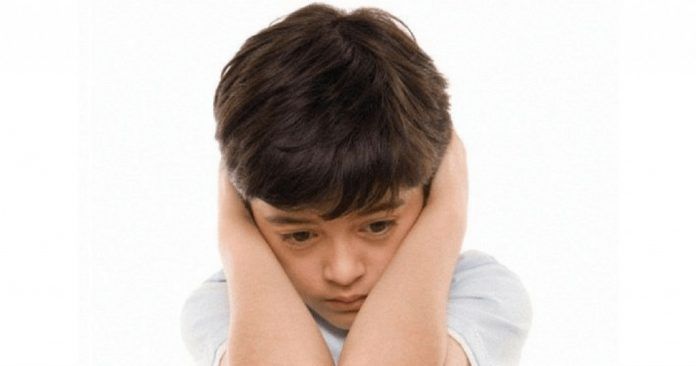Mental health illnesses are enveloped in shame and stigma. The statistics that surround Depression in children and adolescents are staggering. For most parents accepting their child has a mental health problem is unimaginable. We laugh over such problems, ignore them, rubbish them, suggest that it is an age at which problems manifest and believe that our child would simply grow out of it. We refuse to look at signs that may suggest our child has depression.
The Problem
Depression affects approximately 1% of the child and adolescent population. It is the leading cause for suicides with statistics establishing that 15% of individuals with depression attempt suicide. The rates of suicide in the adolescent population have quadrupled in the last few decades. These alarming statistics necessitate the need to know the symptoms of depression and what you should about it.
Manifestation of depression in children and adolescents
Depression has many signs and symptoms that can be identified if a parent is aware of what to look for. You need to be vigilant about the following:
- Low mood or persistent sadness
- Lack of interest in doing things
- Not enjoying things that were previously pleasurable
- Deterioration in academic performance
- Not wanting to play or meet friends
- Staying irritable most of the time
- Getting into fights a lot of the time
- Appearing lazy or slow in doing things
- Easily fatigued or tired
- Changes in appetite
- Changes in sleep patterns
- Feeling helpless, hopeless or worthless
- Talking of self-harm
These symptoms when present continuously for two weeks indicate towards a depressive illness. Being aware of these symptoms is important to be able to ensure that you can identify the problem at the earliest and start the treatment immediately. As is the case in any physical health related illness, the longer depression remains untreated the more severe the symptoms become and the longer the duration of the treatment.
Things to do if your child is showing the symptoms
If your child is showing the above listed symptoms don’t ignore them. Instead take stock of the situation and follow the steps below to ensure that you tackle the problem at the earliest.
- Don’t criticise your child or keep pushing your child to do more. It would only serve to increase the perception of stress and pressure and make your child feel worse, exaggerating the symptoms of depression. Instead offer help and support. If people around them are asking questions then you need to protect your child and ward off the questions.
- Listen to your child as he or she may not be able to make sense of what is happening. Children feel equally hassled by such a problem and are unable to interpret the symptoms to understand that they may be having an illness. This can be very confusing for them and creates greater levels of distress.
- Make sure you are not comparing your child to other children in order to get him/her to do more things or go out of the house or be in a happier space. This would make your child feel further unhappy and dejected with the situation he or she finds him/herself in.
- Be vigilant to ensure your child is not thinking of taking any drastic step which could be harmful to him/herself. If your child is experiencing very low moods then be available and make sure you are around him or her for most of the times.
- Reach out to an expert soon. Your child would recover sooner from the illness is treatment is started early. Meeting with a psychiatrist and a clinical psychologist would be recommended to determine what method treatment would be most beneficial for your child. Treatment can involve either medications or psychotherapy or both in combination.
Depression in children and adolescents is a real condition requiring early identification and treatment.

Dr Kamna Chhibber, is a Clinical Psychologist, Heading the Department of Mental Health and Behavioural Sciences for Fortis Healthcare. She has been practicing for the last decade and is a Cognitive Behaviour Therapist, with particular interest in relationships, trauma, abuse and the impact of personality related variables on mental health.

























































